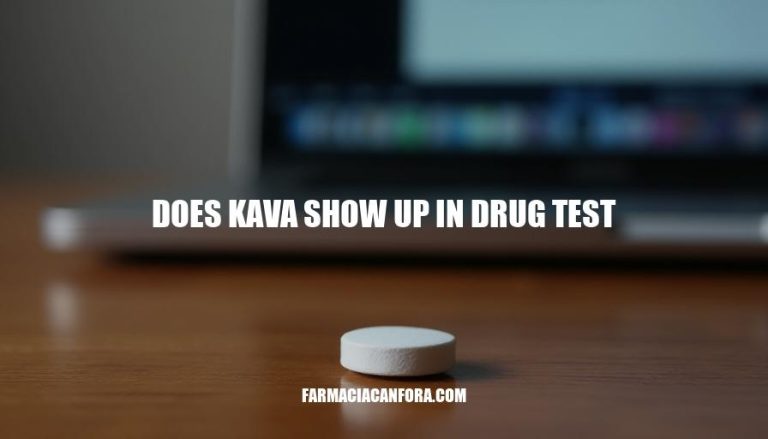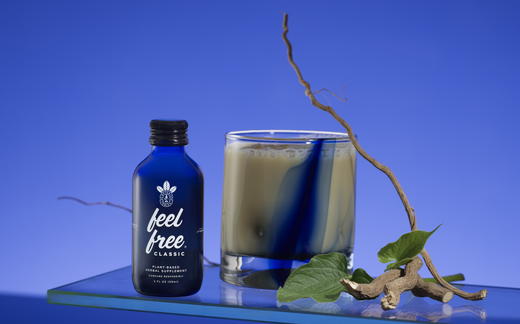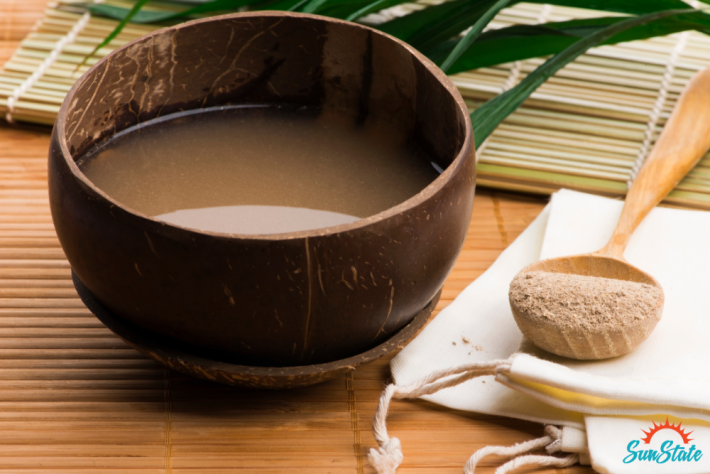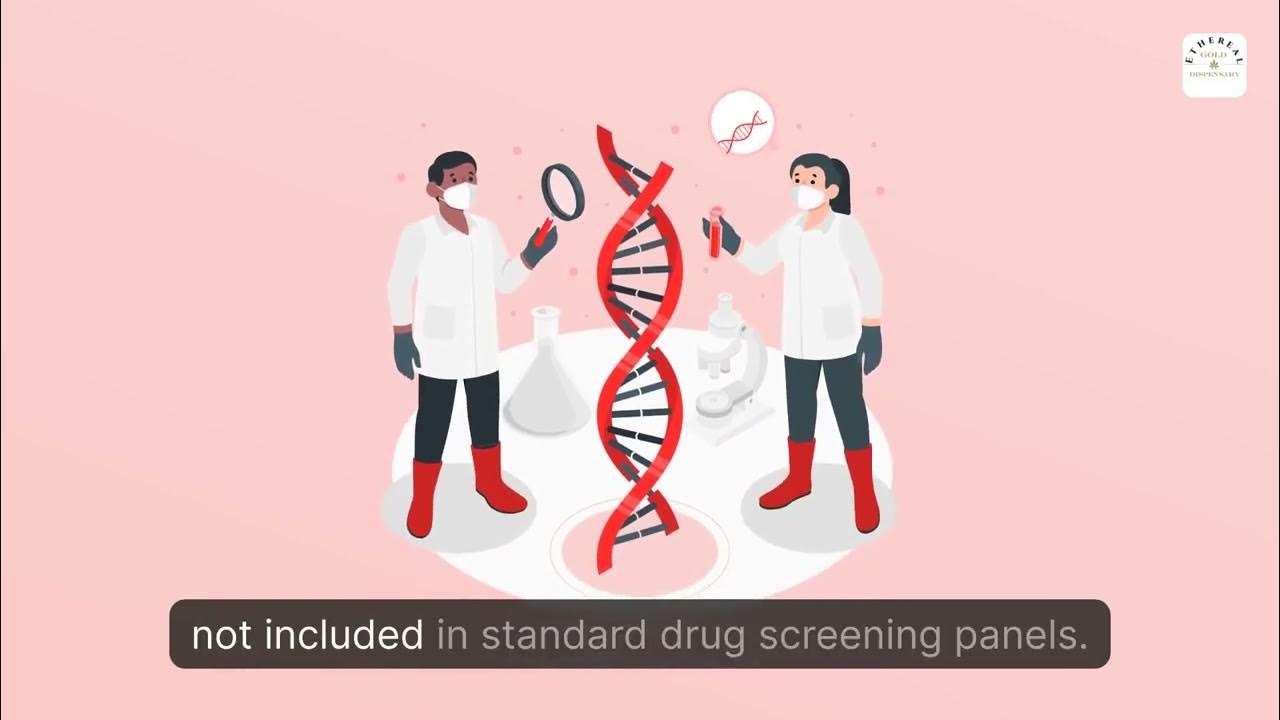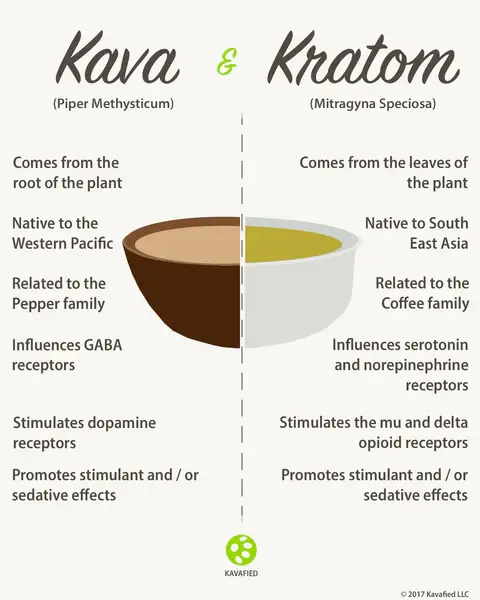Does Kava Show Up In A Drug Test

Imagine stepping onto a sun-drenched beach in Fiji, the gentle rhythm of the waves a constant lullaby. The air is thick with the sweet, earthy scent of kava, as villagers gather for a traditional ceremony. A sense of profound calm washes over you as you sip the muddy-colored liquid, feeling its soothing effects slowly melt away the day's stresses. But back home, far from this island paradise, a question lingers: could this natural relaxant cause unexpected problems when it comes to routine drug testing?
The question of whether kava consumption can trigger a positive result on a standard drug test is a complex one. While kava itself is not typically screened for, certain factors and individual circumstances could potentially lead to confusion or even a false positive. This article delves into the science behind kava, its effects on the body, and the potential, though minimal, risk it poses in the context of drug testing.
Understanding Kava and Its Effects
Kava, scientifically known as Piper methysticum, is a plant native to the South Pacific islands. For centuries, it has been used in social and ceremonial contexts for its calming and anxiolytic properties. The active compounds in kava are called kavalactones, which interact with the brain to promote relaxation and reduce anxiety.
Traditionally, kava is prepared by grinding or pounding the roots of the plant and then mixing them with water. The resulting beverage is a muddy-looking liquid with a slightly bitter taste. When consumed, kava can produce a feeling of mild euphoria, relaxation, and sociability.
How Kava Interacts with the Body
Kavalactones exert their effects by interacting with various neurotransmitter systems in the brain, including GABA, dopamine, and serotonin. GABA is the primary inhibitory neurotransmitter, and kava's interaction with GABA receptors contributes to its anxiolytic and muscle-relaxing effects.
While research is ongoing, studies suggest that kava can also influence dopamine levels, contributing to feelings of well-being and pleasure. The modulation of serotonin may play a role in kava's mood-enhancing properties. These interactions are responsible for the herb's calming effects.
Drug Tests and What They Screen For
Standard drug tests typically screen for a panel of illicit and prescription drugs, including but not limited to: amphetamines, opioids, benzodiazepines, cocaine, marijuana, and PCP. The specific drugs included in a panel can vary depending on the purpose of the test, employer requirements, or legal regulations.
These tests typically utilize urine, blood, saliva, or hair samples to detect the presence of drug metabolites in the body. Immunoassays are often the first line of testing, providing rapid screening results. Confirmation tests, such as gas chromatography-mass spectrometry (GC-MS) or liquid chromatography-mass spectrometry (LC-MS), are used to verify positive results from the initial screening.
The Key Question: Does Kava Cause a False Positive?
Kava itself is generally not included in standard drug test panels. Therefore, the direct detection of kavalactones is not something that most drug tests are designed to do. However, the possibility of a false positive arises from a few potential, albeit rare, scenarios.
One potential concern involves the interaction of kava with the liver enzyme CYP450. This enzyme plays a crucial role in metabolizing various drugs and medications. Kava can inhibit the activity of CYP450, potentially leading to increased levels of certain substances in the body.
If someone is taking other medications that are metabolized by CYP450, the presence of kava could theoretically alter the metabolic rate of those drugs. This could, in extremely rare cases, lead to a misinterpretation of the test results.
Investigating the Possibility of False Positives
The scientific literature on kava and drug testing is limited, but the consensus suggests that the risk of a false positive is low. Most research focuses on kava's potential impact on liver function and drug metabolism rather than direct interference with drug test assays.
A review of available studies indicates that kava is unlikely to directly cause a false positive for common drugs of abuse. However, anecdotal reports sometimes surface, often stemming from confusion or misinterpretation of test results.
Dr. Mark Blumenthal, founder of the American Botanical Council, a non-profit organization dedicated to educating the public about herbal medicine, has emphasized the importance of accurate information about herbal supplements. In his view, while rare, it's crucial to be aware of potential interactions and to communicate openly with healthcare professionals about all supplements being used.
What to Do If You're Concerned
If you are concerned about kava potentially affecting a drug test, the best course of action is to be proactive. Inform your employer or the testing facility that you consume kava. Transparency is key in preventing misunderstandings and ensuring accurate interpretation of results.
Request a confirmation test (GC-MS or LC-MS) if an initial screening yields a positive result for a substance you haven't taken. These confirmation tests are more specific and can help rule out false positives.
Document the source and dosage of the kava you are consuming. This information can be valuable in explaining any unexpected findings to healthcare professionals or testing authorities.
The Importance of Context and Individual Factors
It's important to remember that individual responses to kava can vary. Factors such as genetics, liver function, and concurrent medication use can all influence how kava affects the body. Therefore, what might be harmless for one person could potentially pose a risk for another.
The quality and source of the kava product are also important considerations. Some kava products have been found to be adulterated with other substances, which could potentially interfere with drug tests. Always purchase kava from reputable sources that provide certificates of analysis verifying the purity and authenticity of their products.
Professor Jerome Sarris of the NICM Health Research Institute at Western Sydney University, a leading researcher in the field of integrative medicine, suggests that consumers be mindful of sourcing. Prioritize reputable brands and products that have undergone third-party testing to ensure safety and authenticity.
A Final Thought
While the likelihood of kava causing a false positive on a standard drug test is very low, it is not impossible. Understanding the potential for interactions and communicating openly with relevant parties can help mitigate any potential risks. By being informed and proactive, you can enjoy the benefits of kava without unnecessary worry.
Ultimately, navigating the complexities of drug testing and natural supplements requires a balanced approach – one that combines scientific knowledge with open communication and a healthy dose of common sense. So, while sipping your next shell of kava, remember to stay informed and advocate for your own well-being.
